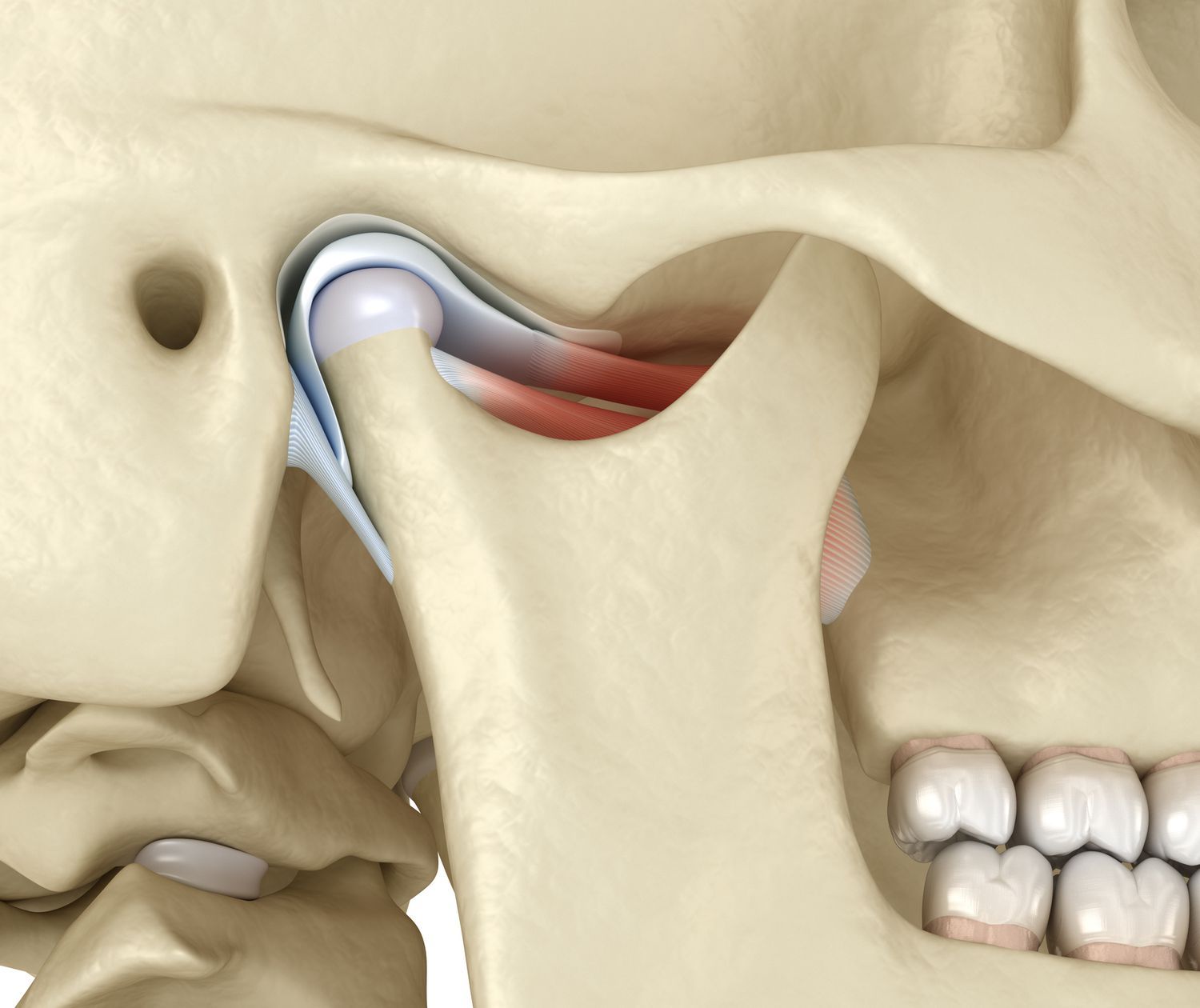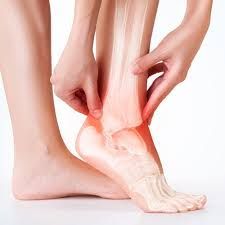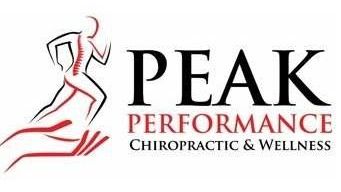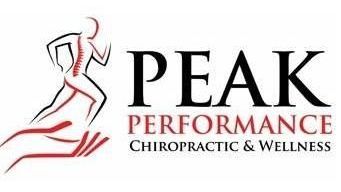Ten Tips for TMJ

Temporomandibular joint disorder (TMJ) affects millions, causing pain and dysfunction in the jaw joints and muscles. If you're experiencing jaw pain, difficulty chewing, or even headaches, you might be dealing with TMJ. In this post, we'll explore what TMJ is, its causes, and ten tips to manage and treat this condition effectively.
What is TMJ?
TMJ refers to a group of conditions affecting the temporomandibular joints, which connect the jawbone to the skull. These joints allow for the movements needed for chewing, speaking, and facial expressions. When the joints and muscles around them become dysfunctional, it leads to TMJ disorders. Symptoms can vary but often include jaw pain, difficulty chewing, clicking or popping sounds in the jaw, and even headaches or ear pain.
Causes of TMJ
TMJ disorders can result from a variety of factors, including:
- Jaw Injuries: Trauma to the jaw or temporomandibular joint can lead to TMJ disorders.
- Arthritis: Conditions like osteoarthritis or rheumatoid arthritis can affect the TMJ.
- Bruxism: Chronic grinding or clenching of teeth can put excessive pressure on the TMJ.
- Misalignment: Improper alignment of the teeth or jaw can cause stress on the TMJ.
- Stress: High levels of stress can lead to muscle tension and jaw clenching, contributing to TMJ disorders.
Ten Tips for TMJ
1. Jaw Exercises
Gentle stretching and strengthening exercises can improve jaw mobility and reduce tension. Try opening and closing your mouth slowly, moving your jaw side to side, and practicing these exercises regularly to keep the jaw muscles flexible. It may look a little funny but the relief is worth it!
2. Heat and Cold Therapy
Applying a warm compress can relax muscles and improve blood flow, while a cold pack can reduce swelling and numb pain. Alternate between heat and cold therapy for the best results, using each for about 15-20 minutes.
3. Dietary Adjustments
Eating soft foods and avoiding hard, chewy, or crunchy items can reduce stress on the jaw. Opt for foods like yogurt, mashed potatoes, and scrambled eggs, and cut food into small pieces to minimize chewing. As obvious as it may sound, taking extra time to cut things up and being more aware of what you intake can go a long way in managing symptoms.
4. Stress Management
Techniques like meditation, deep breathing, and yoga can help reduce stress and associated muscle tension. Practicing these regularly can help manage overall stress levels and alleviate TMJ symptoms. Unclench your jaw and relax your shoulders when you notice them tightening up.
5. Avoiding Extreme Jaw Movements
Minimizing wide yawning, gum chewing, and excessive talking can help prevent further irritation of the TMJ. Be mindful of your jaw movements and try to keep them within a comfortable range.
6. Jaw and Spinal Adjustments
Chiropractors can perform both spinal and jaw adjustments. Misalignments in the spine can affect the nerves controlling jaw function. Correcting these misalignments, along with gentle manipulation of the jaw to improve its alignment and function, can alleviate TMJ symptoms and improve overall alignment and mobility.
7. Postural Correction
Poor posture can contribute to TMJ disorders. Chiropractors can provide guidance on improving posture, helping to reduce strain on the jaw. Simple adjustments to your sitting and standing habits can make a significant difference believe it or not!
8. Myofascial Release
Massage therapists can use myofascial release to target the connective tissues surrounding the muscles, helping to relieve tension and improve jaw function. This technique can be particularly effective for long-term relief.
9. Trigger Point Therapy
By applying pressure to specific points in the muscles, massage therapists can reduce pain and alleviate TMJ symptoms. This focused approach can address the root cause of muscle tension.
10. Intraoral Massage
Intraoral massage is a specialized technique where massage therapists work on the muscles inside the mouth. This can directly address tension in the jaw muscles, providing significant relief from TMJ symptoms. This method requires expertise but can be very effective in reducing pain and improving jaw function.
Seeking Professional Help
While home remedies can provide temporary relief, it's essential to consult with healthcare professionals for a comprehensive treatment plan. Chiropractors and massage therapists can work together to develop an individualized approach, addressing the underlying causes of TMJ disorders and providing lasting relief.
If you're experiencing TMJ symptoms, don't hesitate to seek help. Our chiropractic and massage therapy team is dedicated to helping you find relief and improve your quality of life. Contact us today to schedule an appointment and take the first step towards a pain-free jaw.
Bethany Wolcott
D’Youville University ‘26












